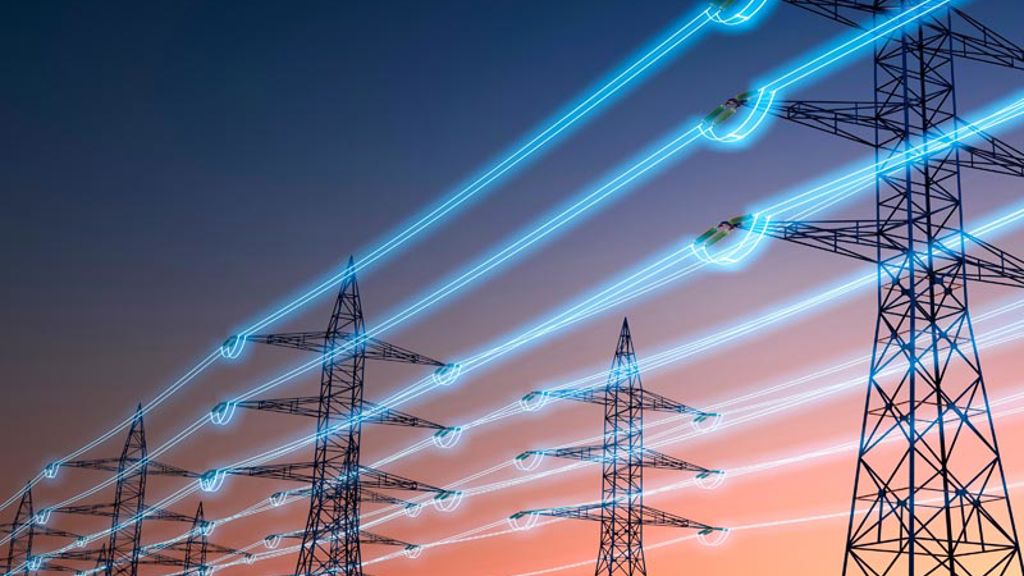In the face of climate change, population growth and accelerating urbanisation, infrastructure owners and operators are being exposed to an unprecedented rise in resilience challenges. With the systems that operate our transport networks and power our homes being pushed to breaking point by unforeseen risks and events, organisations are still expected to provide and maintain a reliable service for their end users.
As the energy sector transitions towards decarbonising and electrifying heat and transport, pressure to protect the long-term resilience of the electricity supply is growing. With society becoming increasingly dependent on electricity as a critical source of energy for our homes and businesses, the National Grid needs to know what challenges lie ahead.
As owners and operators of the electricity transmission network in England and Wales, National Grid Electricity Transmission (NGET) commissioned Arup and The University of Manchester through Network Innovation Allowance (NIA) funding to deepen its understanding of its resilience challenges and priorities. Our team developed a comprehensive approach to designing, delivering and managing NGET’s network, helping drive continuous improvement across its electricity transmission grid.
Planning for the Energy Resilient Network
Our Energy Resilience Framework provided the baseline from which NGET’s resilience approach was developed, drawing on extensive research, cross-sector collaboration, and best practice reviews.
Building resilience through co-creation
We designed a Resilience Assessment Framework to form the basis of NGET's strategic approach to resilience, supported by a Quantitative Resilience Assessment (QRA) to provide detailed information on asset resilience. The QRA, developed in collaboration with The University of Manchester, is a tool that consists of a physical network model with detailed geographical asset information combined with a geographical weather hazard model.
Designed by specialists in energy network modelling, the QRA considers a network’s response and resilience to shocks and stresses caused by rapid change scenarios such as extreme weather. The QRA and Resilience Assessment Framework work together to help NGET identify where performance meets best practice, and where there are opportunities for building resilience that allow the network to thrive even when faced with shocks and stresses.









